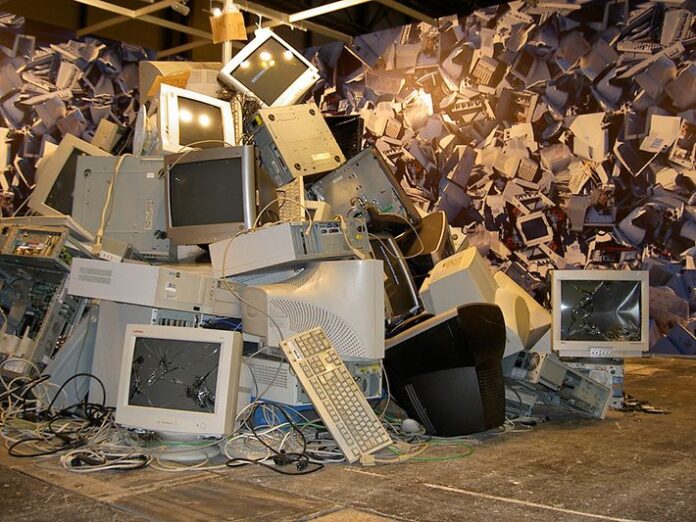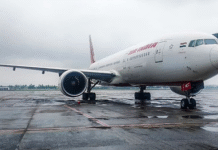Sri Vijaya Puram: In a bid to tighten electronic waste management across the Andaman and Nicobar Islands, the Andaman & Nicobar Pollution Control Committee (ANPCC) has issued a public advisory warning residents, businesses, and government institutions against illegal e-waste disposal practices. The advisory falls under the framework of the E-Waste (Management) Rules, 2022, which are enforced by the Ministry of Environment, Forests, and Climate Change, Government of India.
According to the ANPCC, all e-waste generated in the islands must be routed through approved collection agencies and sent to authorized treatment, storage, and disposal facilities on the mainland. The process is governed by a manifest system to ensure traceability of waste movement, in line with national rules.
Government departments, educational institutions, commercial establishments, and other bulk consumers have been directed to engage only with EPR-compliant producers, those officially registered to take back and recycle the products they sell. The advisory strictly prohibits the use of informal or unauthorized handlers, local scrap dealers, or unregistered recyclers for any form of dismantling, refurbishment, or disposal.
The E-Waste (Management) Rules, 2022, which came into effect on April 1, 2023, replace the earlier 2016 version and introduce stricter provisions for accountability and sustainability. One of the central pillars of the law is Extended Producer Responsibility (EPR), under which manufacturers, importers, and brand owners must take back end-of-life electronics and ensure their safe recycling. All such producers are required to register on the Central Pollution Control Board (CPCB) EPR Portal and meet annual targets.
The ANPCC has also urged the general public to report any illegal collection or backyard dismantling of e-waste. Informal handling not only violates environmental law but also poses serious threats to health and ecology, especially in fragile island ecosystems like those in Andaman. Toxic components from poorly disposed e-waste can contaminate soil, seep into water sources, and damage marine life.
Key e-waste items include discarded mobile phones, chargers, laptops, printers, TVs, refrigerators, batteries, and other electronic appliances. The advisory encourages households to avoid throwing such items in regular trash and instead use formal collection services.
In Andaman’s context, where electronic goods are widely used but recycling infrastructure is limited, the rules mandate that all e-waste must be exported to mainland-approved units. Collection drives and awareness campaigns are expected to be intensified in the coming months.
Under the 2022 rules, only registered recyclers and refurbishers can legally handle e-waste. Informal burning, dumping, or backyard repairs are now punishable offences. Bulk consumers have been reminded that using unauthorized channels could attract penalties under environmental law.
The CPCB portal tracks every stage of e-waste movement via digital records, helping authorities close loopholes and prevent illegal dumping. The new rules also offer scope for registered refurbishers to extend the life of electronics in a controlled, certified way, contributing to the country’s broader circular economy goals.
The ANPCC has emphasized that community vigilance, along with institutional compliance, is key to protecting the Islands’ environmental balance. It has urged panchayats, municipalities, and urban local bodies to stay alert and raise awareness.
The advisory concludes with a strong message: in a place as ecologically sensitive as the Andaman and Nicobar Islands, electronic waste is not just a disposal issue, it’s an environmental time bomb. How responsibly the region handles it could define the quality of its soil, water, and marine ecosystems for generations to come.





